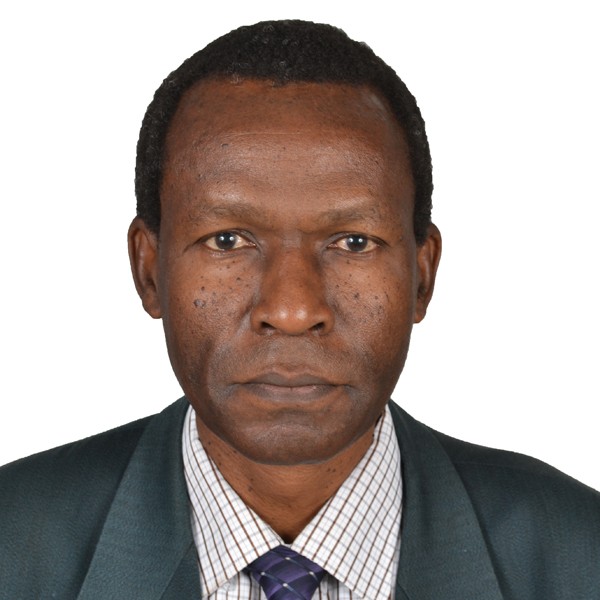The Town and County Planners Association of Kenya (TCPAK), the professional society for town planners, is responsible for identifying the best location for and amount of land required for housing, manufacturing industry, food production and health facilities. The body says it also works to deliver on President Uhuru Kenyatta’s “Big4 agenda”.
Mairura Omwenga, the chairman of the Association says his team is already readying up for this year’s World Town Planning Day (WTPD). TCPAK will be holding Town and County Planning and Development Conference 2019 in Kisumu to commemorate WTPD under the theme: The big four agenda – sustainable towns and counties – climate change & blue economy.
The event seeks to bring together participants from international organizations, national/county governments, city/town authorities, non- governmental organizations, town planners, architects, engineers, Quantity surveyors, land surveyors and Environmental Impact Assessments, among others.
The East African Business Times interviewed Mr. Mairura on the Association’s strategy. Excerpt:
What are your anticipations ahead of the upcoming World Town Planning Day?
As the theme of the conference states, the anticipation from the conference is to generate discussion on the Big4 Agenda in towns and counties.
We also anticipate creating awareness among participants on key subject matters on sustainable development, climate change and blue economy. These are key agenda items, not only locally but also globally.
How involved are you in the big four agenda?
It is indeed important to note that Big4 deliverables are in towns- it is housing, manufacturing industries, and health facilities. It, therefore, means that TCPAK and its members play a leading role in the implementation of the Big4 agenda.
What is your assessment on the big four agenda?
The Big4 agenda is indeed an important development policy framework for Kenyans. This is because it touches on key areas that relate to the daily needs of the public, including basic rights. On actual implementation, implementation has been considerably slow, both at the national and county government levels.
How best can the government and construction companies come together to implement the Big Four agenda?
There is need for more and focused consultation between the government and construction companies in order to implement the Big4 agenda.
There is even more need for focused consultation between the national government and the 47 county governments because the Big4 agenda addresses functions that are fully devolved in the new constitution (inaugurated in 2010). The national/county governments should limit the activities to provide an enabling legal and policy environment that allows the delivery of services to the private sector.
What incentives should the affordable housing plan offer to facilitate private construction activity?
The incentives that the government should offer in respect to affordable housing plan should cover both legislation and policy. Specific elements include reduction of taxes on construction material, faster and safer land transaction process, and faster and transparent building approval by both national and county governments.
How critical are engineers in delivering the Big Four agenda action plan?
As town planners, professionals in the construction industry are critical in the delivery of the Big4 agenda. Engineers are at the centre in the design and construction of affordable housing. They are the brains behind the design and construction of industrial facilities and in running the manufacturing process. Engineers play a critical role in the food chain process as well, including design, construction and operation of irrigation schemes. The same can be said of the delivery of medical services. Medical doctors indeed work closely with engineers in delivering health services.
What can be done to leverage Kenya’s technological expertise as a driver for the Big Four Agenda in the construction scene?
Kenya is a leading technological hub in Africa. Hence, the country should consolidate its technological expertise in a more effective manner than it is doing at the moment. The government should allocate more resources in training technology experts, not only at the university level but in middle-level colleges, secondary/primary schools and in village polytechnics. More support should be given to SMEs and locals in the construction sector.
What would you say are the common problems that make collaboration between urban planners and developers difficult?
It is true that town planners and developers have not been working together effectively. Developers complain of delayed development approval by town planners in towns and county governments. Town planners have failed to engage developers more directly and on the project site. Many developers have not appreciated the role of the town planner in the construction industry and it is common to find many projects being implemented with the planners’ input. The manual process of approving development projects could be prone to abuse and corruption. Online platforms that allow faster and efficient approval processes should be encouraged in all towns and counties.
How has your experience in urban planning shaped your view of economic development? And how would you define it in your own words?
Town and regional planning or land-use planning is the foundation for sustainable socio-economic development. Failure to plan is indeed planning to fail. Town planning provides the framework for effective development control and protection of the environment. Town planning provides the framework for integrated and sustainable development in all sectors of the economy, including housing, industry, commerce, education, health, community and social services, recreation and open spaces, riparian land, agriculture, transport and infrastructure services.

